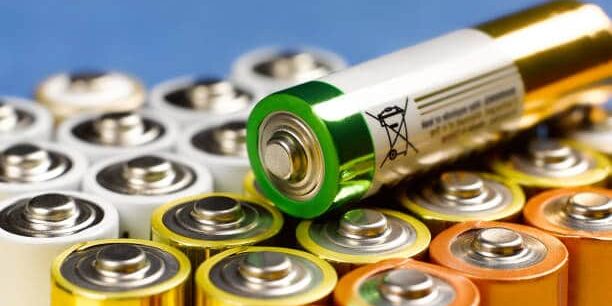Europe is on track to become a global leader in sustainable battery production, with reports predicting self-sufficiency in battery cell manufacturing by 2026. As the demand for electric vehicles and clean energy solutions accelerates, Europe’s ability to establish a robust battery value chain could enhance energy independence and drive economic growth. By 2030, the continent could meet a significant portion of its demand for critical components, reducing reliance on imports and strengthening its role in the global clean energy supply chain.
Although there are challenges, such as high production costs and supply chain complexities, Europe is poised to overcome these hurdles with the right investment strategies and governmental support. Securing raw materials like lithium and nickel and developing a skilled workforce will be vital to ensuring long-term success. The battery industry presents an enormous opportunity for local manufacturing and supply chain resilience, making Europe a key player in global energy transitions.
A localized supply chain offers substantial environmental benefits, with reports suggesting Europe could cut carbon emissions by 37% compared to importing batteries from abroad. If renewable energy sources are integrated into battery production, emissions could drop by as much as 62%, aligning with Europe’s sustainability goals. This shift would not only contribute to a greener future but also enhance Europe’s competitiveness in the global market for clean energy technologies.
Looking ahead, Europe’s battery sector requires a coordinated approach to harmonize regulations, secure raw materials, and prioritize sustainability throughout the supply chain. With the right policies and investments in place, Europe has the potential to lead the world in sustainable battery production, driving economic growth, reducing emissions, and ensuring a resilient energy future.
#ICTTMNews #BreakingNews #SupplyChainNews #GlobalEnergyUpdate #SustainableSupplyChain #BatteryIndustry #CleanEnergy







